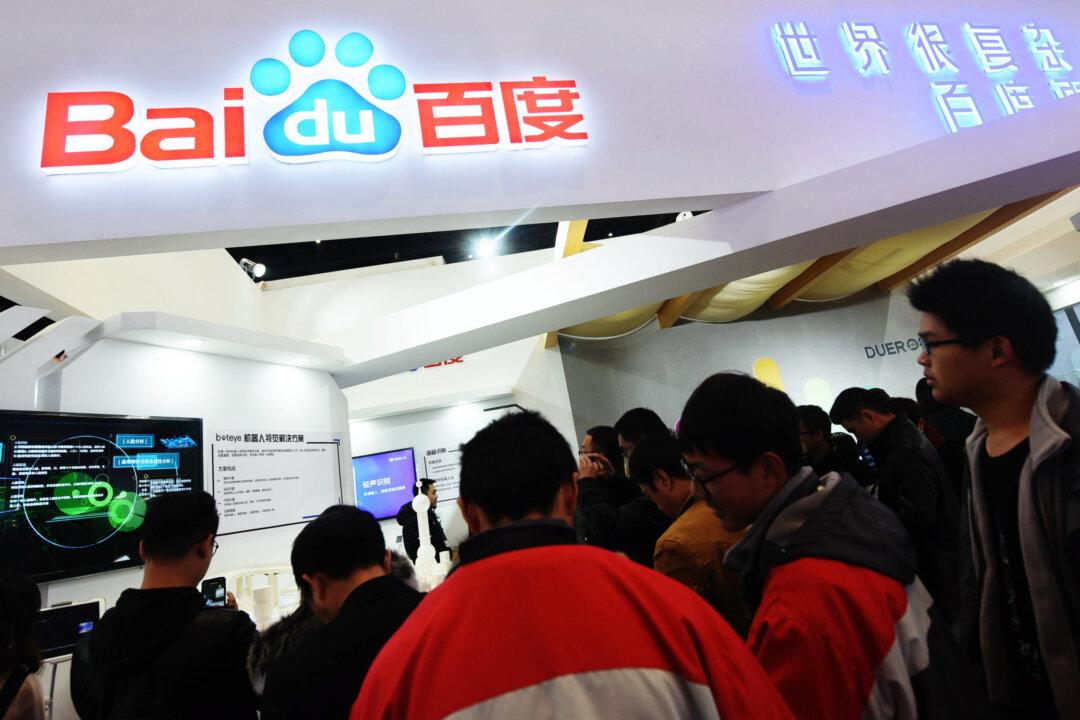Robin Li, the founder and CEO of China’s biggest search engine site, Baidu, was recently nominated to become a member of the Chinese Academy of Engineering (CAE), a state-run research institution meant for the country’s top engineers.
But after the CAE announcement on April 30, many netizens took to the internet to voice their opposition, criticizing Li for running a company known for complying with the Chinese regime’s censorship rules and abetting fraudulent companies’ false advertising.





